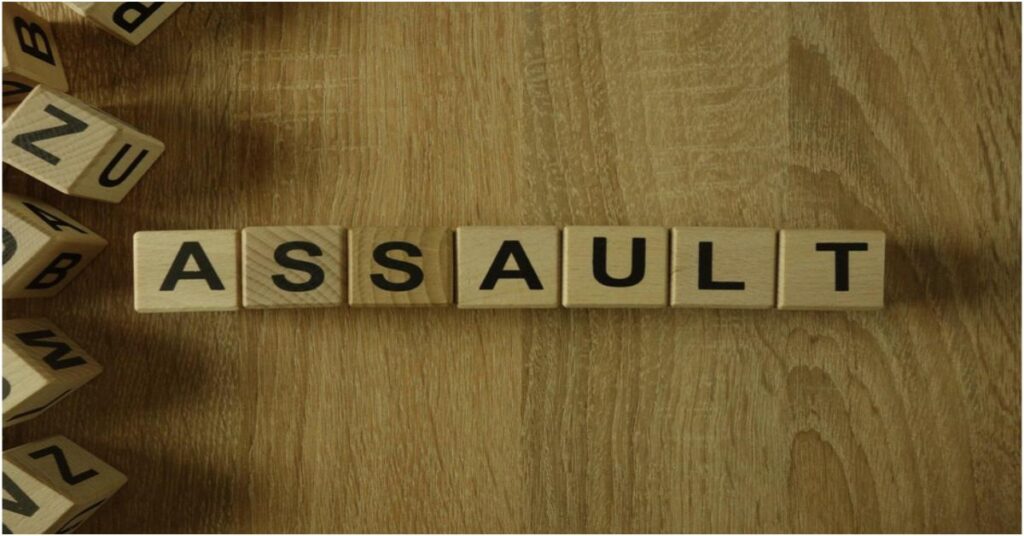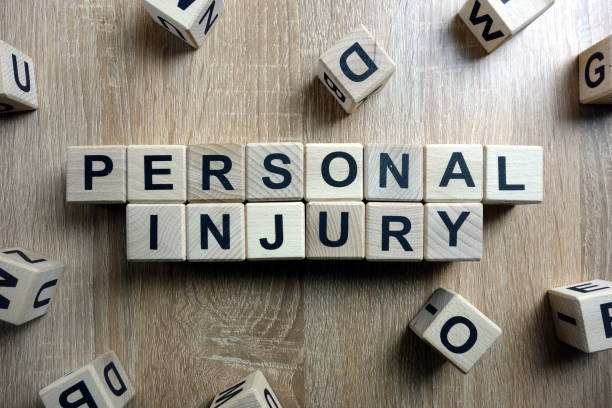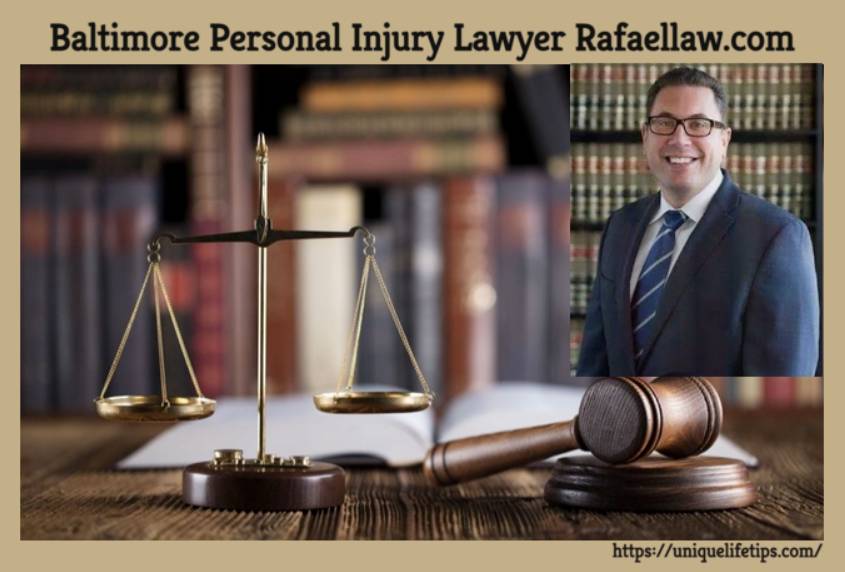Last updated on March 26th, 2024 at 02:41 am
Domestic assault, a dark shadow in many lives, leaves a lasting mark that’s not always visible. This pain goes beyond the physical; it can linger in the mind and spirit, changing a person’s life forever.
But there’s hope. Understanding these long-term effects and seeking help can open the door to recovery. This guide aims to shed light on the enduring impact of domestic assault and provides resources for those seeking a path back to safety and peace.
Table of Contents
Long-Term Effects of Domestic Assault
Domestic assault can have severe and long-lasting consequences for both the victim and the perpetrator. The impact of domestic violence is not limited to just physical injuries; it can also result in emotional, psychological, and social problems that require careful attention.
It is essential to understand these effects so that proper support and care can be provided to those affected by domestic violence.
Physical Effects
Physical injuries are often the most visible signs of domestic assault. These might include bruises, cuts, or broken bones. Sometimes, victims may also suffer from chronic pain or health issues like headaches and stomachaches.
But the harm isn’t always easy to see. Some people may have injuries on parts of their body that others can’t easily see. It’s important to remember that any physical harm is serious.
It’s also important to know that a domestic violence defense lawyer can help. They understand the laws about domestic violence and can work to protect victims’ rights.
Emotional Effects
The emotional effects of domestic assault may not be visible, but they can have a profound impact on a person’s well-being. Many survivors of domestic violence experience feelings of fear, shame, guilt, and self-blame.
They may also suffer from low self-esteem, anxiety, depression, and post-traumatic stress disorder (PTSD). These emotional scars can affect every aspect of a person’s life, making it difficult for them to trust others and form healthy relationships in the future.
Mental Effects
Domestic assault can lead to severe mental health issues that require professional help and support. Survivors of domestic violence are at a higher risk of developing mental health disorders, including anxiety disorders, depression, substance abuse, and suicidal thoughts.
They may also experience flashbacks, nightmares, and panic attacks related to the traumatic experience. These mental health issues can significantly impact a person’s daily life and make it difficult for them to function normally.
Seeking Help
If you or someone you know is dealing with the effects of domestic assault and women in distress, it’s very important to find help. There are many places that want to give this help. There are groups and people who understand what you’re going through.
They can provide safe places to stay, medical care, counseling, and legal help with domestic violence lawyers. It might feel hard to reach out, but remember, it’s okay to ask for help. You’re not alone, and people want to support you as you heal.
Learn All About Domestic Assault
It’s tough when home isn’t safe because of domestic assault. But remember, it’s okay to ask for help. There are many people who want to offer support.
You don’t have to deal with this pain alone. It might be hard, but reaching out can start your journey to healing and peace. Stay strong, and never lose hope.
Did you find this article helpful? Check out the rest of our blog.
Related Articles:







